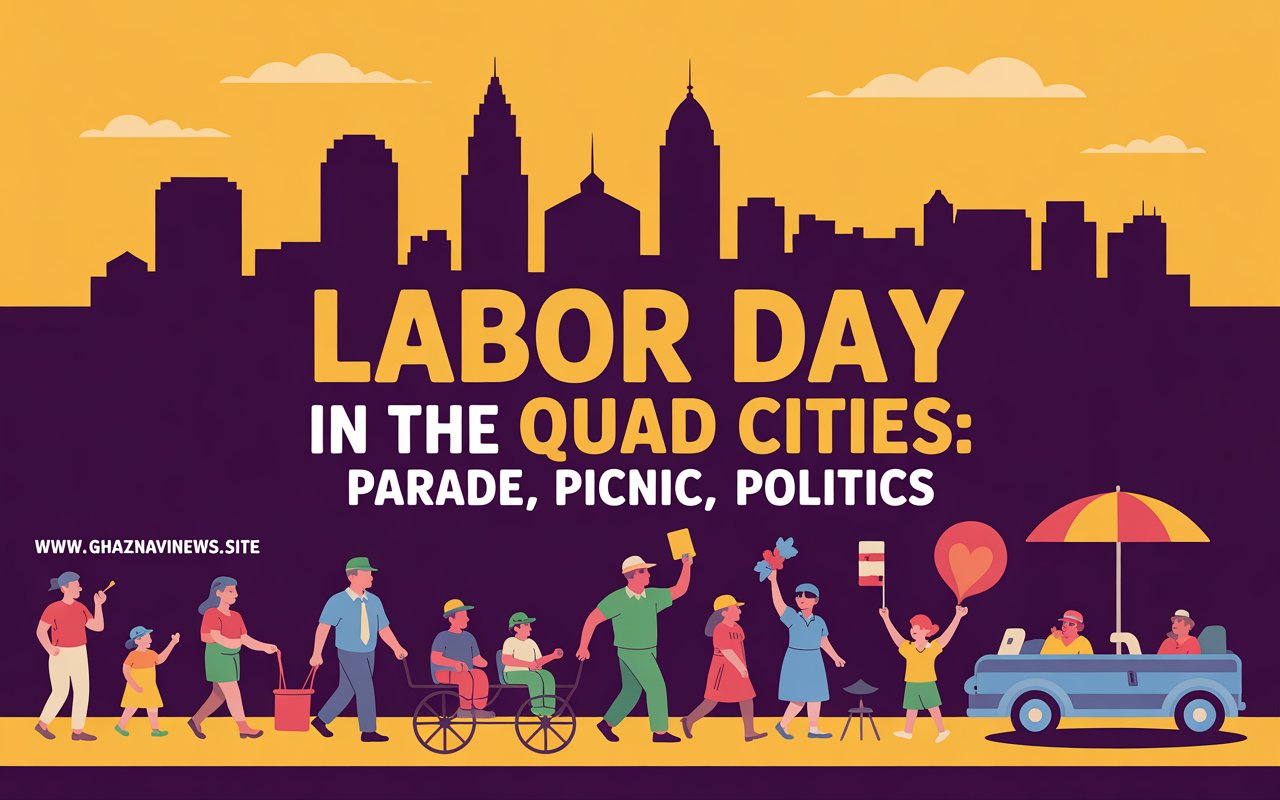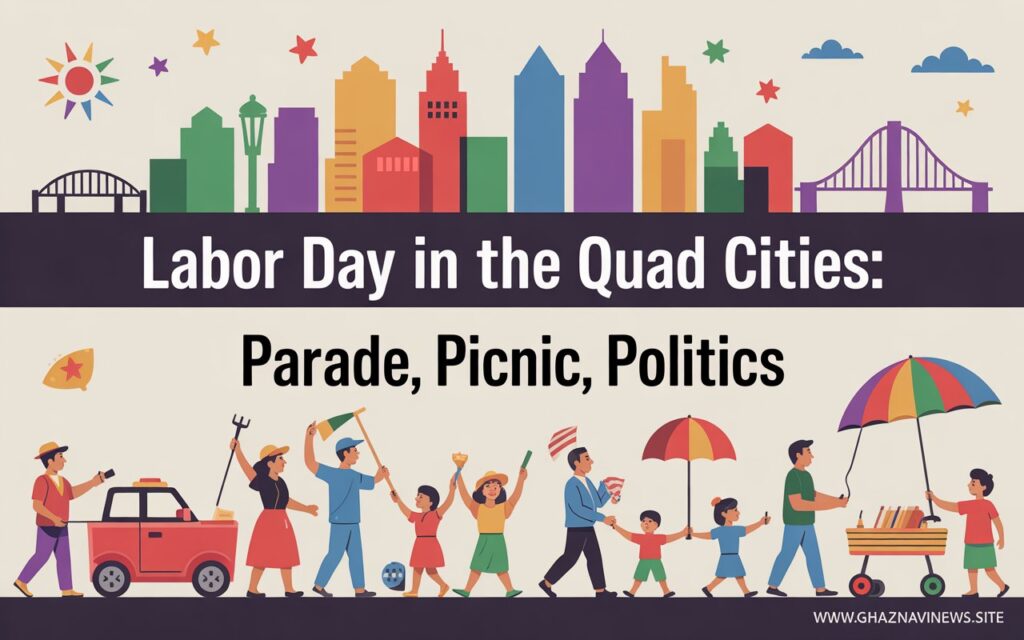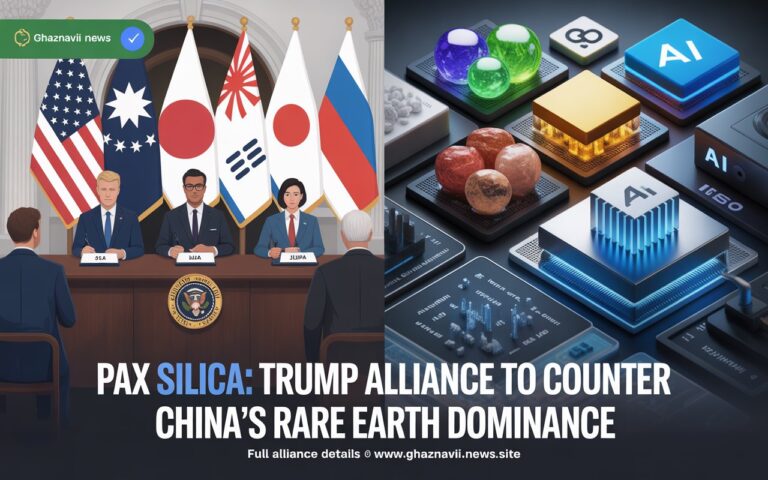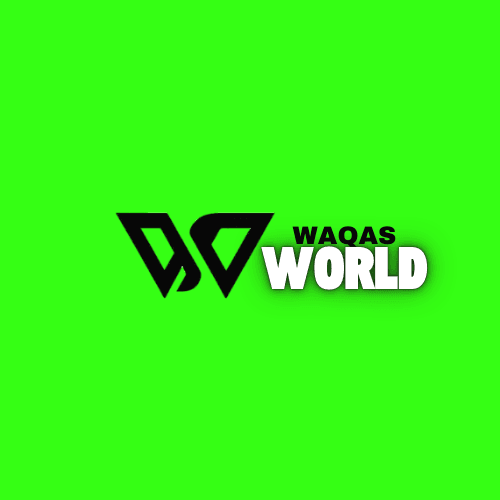
Labor Day Quad Cities Politics: How Local Politicians Connect with Workers
Labor Day, observed on the first Monday of September, has long been a milestone in American civic life—a day dedicated to honoring workers and recognizing their foundational role in building the nation.In the Quad Cities region—spanning Davenport and Bettendorf in Iowa, and Rock Island and Moline in Illinois—the holiday blends into a rich tapestry of parades, picnics, and political engagement. This year’s Labor Day saw elected officials reinforce ties with working communities and organized labor during vibrant events across the region.
Labor Day Quad Cities politics
Labor Day in the Quad Cities: A Ribbon-Tied Legacy & Celebration
Established in the late 19th century, Labor Day emerged from the organized labor movement advocating for dignity and fair working conditions.Quad Cities communities have since embraced the holiday with parades that invite residents to march, display union banners, and enjoy family gatherings and cookouts. Local councils and labor groups sponsor events featuring live music, speeches, and community outreach—making Labor Day as much about celebration as it is about labor history and solidarity.
Politicians at Parades and Picnics: Reflection in Motion
For area politicians, Labor Day isn’t just a holiday; it’s a public stage and a chance to reconnect with the backbone of their constituencies: the workers.
Iowa State Senator Mike Zimmer (D-District 35) attended a Quad Cities parade and underlined the centrality of organized labor, stating, “Without unions, we wouldn’t have healthcare benefits, the 40-hour workweek, sick leave, or child labor laws…” His remarks emphasized the lasting importance of collective bargaining in shaping modern employment standards.

Meanwhile, Republican Norlin Momsen (District 70) offered broad praise: “Nothing works without the American worker… they are the backbone of our economy.” Even as they hail from different political stripes, leaders like Zimmer and Momsen converge on honoring workers—a powerful message in a region with diverse industries and shared labor traditions.
Now State Senator Mike Halpin (Rock Island County, District 36)—a Democrat and local labor chair—reflected across party lines, “This is a day to recognize what workers have built, and how they continue to build this country.” These reflections framed Labor Day as more than symbolic—a genuine opportunity to reconnect with the values of solidarity, dignity, and civic engagement.
Labor Day: A Public Relations Lawn and Political Purpose
For politicians like Joe Stutting (Iowa Senate District 35 candidate), raised in a working-class home, Labor Day events are more than symbolic—they provide a stage to highlight how strong communities emerge through collective labor:
“When we all work well together, we build a strong economy… that’s foundational in counties like Clinton and Jackson… this is how we supply great workers from varied industries.”

Similarly, Scott County Board Chair John Maxwell—speaking at community gatherings—noted, “Talking about their needs, I can do my job better… I’m helpful because I listen and help make decisions that affect them.” Labor Day becomes not only a celebration but a campaign moment where commitment becomes visible.
Beyond Celebrations: Labor Day Amid National Context
This year’s Labor Day was marked by a nationwide wave of protests under themes like “Workers Over Billionaires,” where activists criticized what they viewed as corporate-friendly policies at the federal level.Hundreds of actions took place across the U.S., from Chicago to San Francisco, including rallying in solidarity with organized labor and demanding investment in public services.
Against this backdrop, Quad Cities’ festivities were both locally rooted and politically resonant—a chance for leaders to underscore shared values of economic justice, openness, and responsive governance.
The Power and Symbolism of Labor Day in Civic Life
Labor Day transcends parades and speeches. It’s a reminder that the labor movement shaped not just laws, but civic life: the 40-hour workweek, caregiver protections, and children’s rights all trace back to union activism.
For Quad Cities politicians, participation in Labor Day events sends a message—they stand with workers, respect their legacy, and intend to protect labor rights going forward.
Why do politicians participate in Labor Day parades in the Quad Cities?
Politicians attend to publicly honor workers, highlight their contributions, and reaffirm support for labor rights and organized workforce—building trust and visibility within working-class communities.
How do Labor Day events influence local campaigns?
The gatherings offer direct engagement—politicians meet constituents, listen to their concerns, and show sincerity. It’s a powerful moment to align with values of solidarity, economic fairness, and community service.









